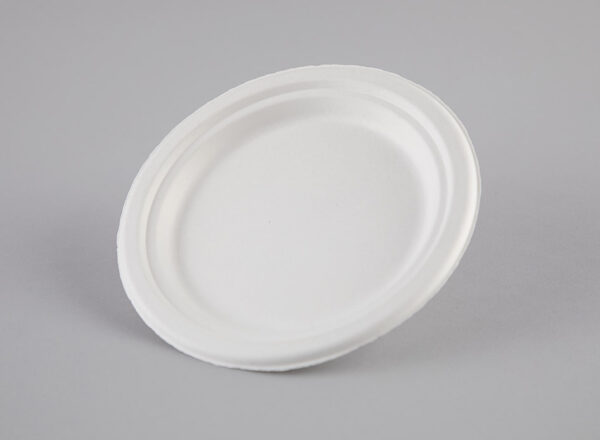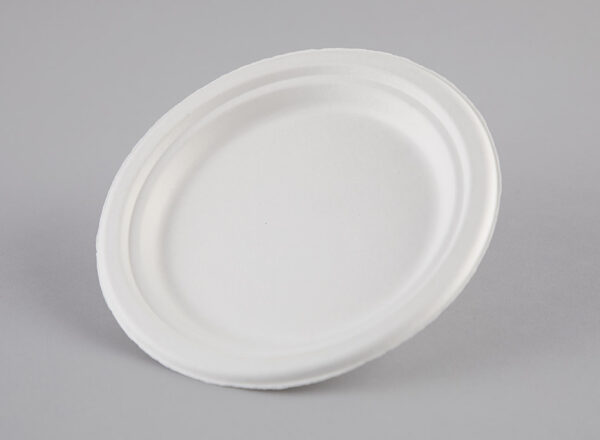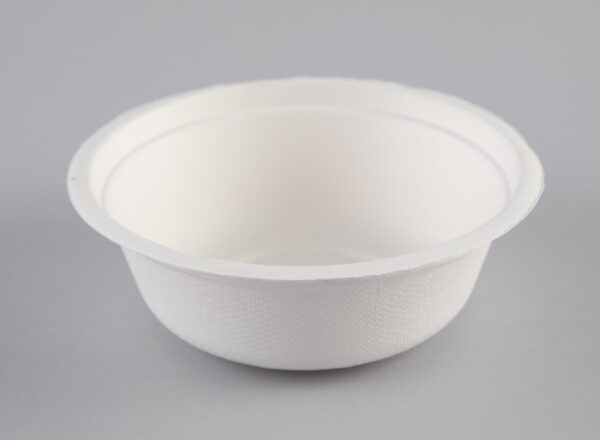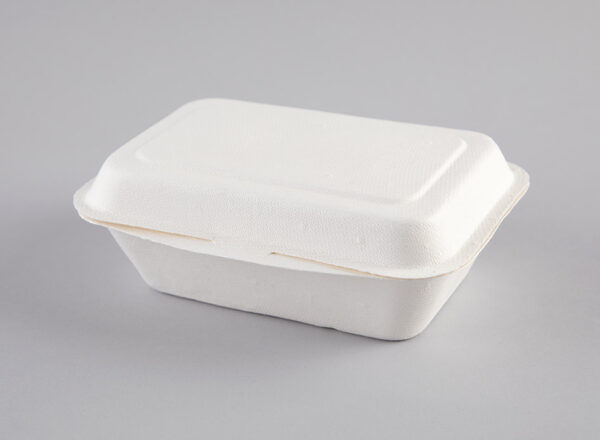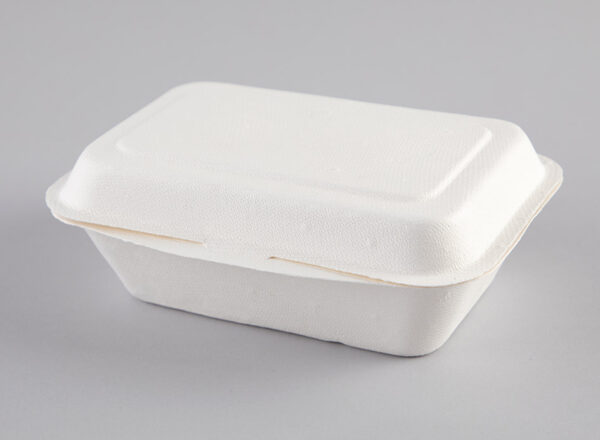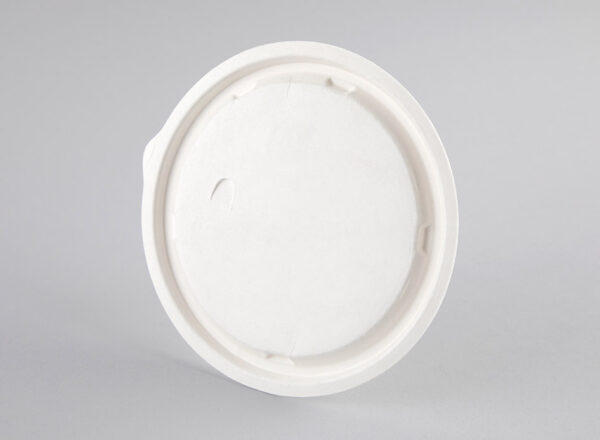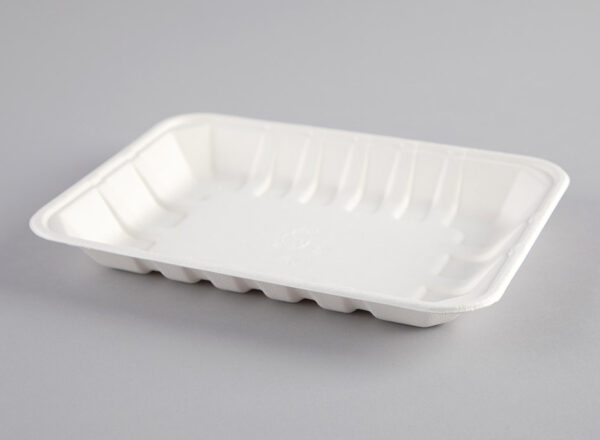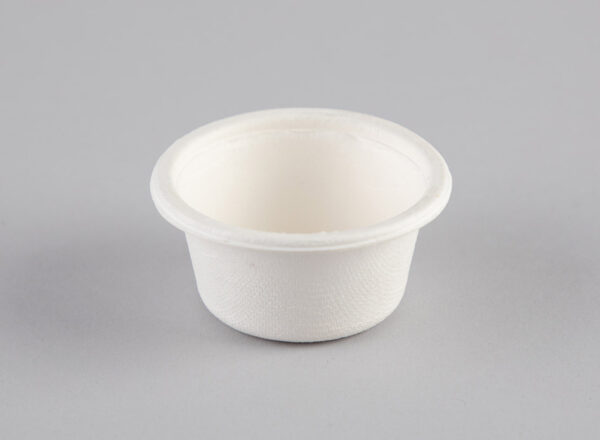What is the difference between “compostable ” and “OK compost HOME”?
Products that are solely compost-certified are those that compost only in industrial composting facilities (at temperatures between 55 to 60°C), so products that are solely compost-certified should not go into the garden compost.
Conversely, OK compost HOME refers to products that also compost at lower temperatures, so they can go into the compost heap in your garden at home, hence the title “HOME”.
Is there any difference between “biodegradable” and “compostable”?
People often get “biodegradable” and “compostable” mixed up but they do not mean the same thing. A biodegradable product may be broken down by microorganisms but this does not necessarily imply that the product can be converted into good quality compost.
Biodegradability and compostability rely heavily on the environment where the product is broken down. As each environment (compost, soil, water, …) has different temperatures and microorganisms, the speed of the biodegradation process may vary from one site to another.
For example, bioplastics which are biodegradable in an industrial composting plant (the most aggressive atmosphere regime) are not always biodegradable in water or soil, or even in a compost bin in the garden (owing to the lower temperatures).
What tests are required to qualify for an OK compost certificate?
The European Norm about compostability of packaging (EN 13432) requires (besides a clear and detailed description of the product) 4 tests:
- test on biodegradation (chemical break down of the polymer of fibres)
- test on disintegration (physically falling apart of the product in small fragments)
- test on ecotoxicity (test if the composted product does not exert any negative effect on plants)
- test on heavy metals content
NOTE – Biodegradation, ecotoxicity and heavy metal content are characteristics of the material, whereas disintegration is a characteristic of the material and shape (final product).



